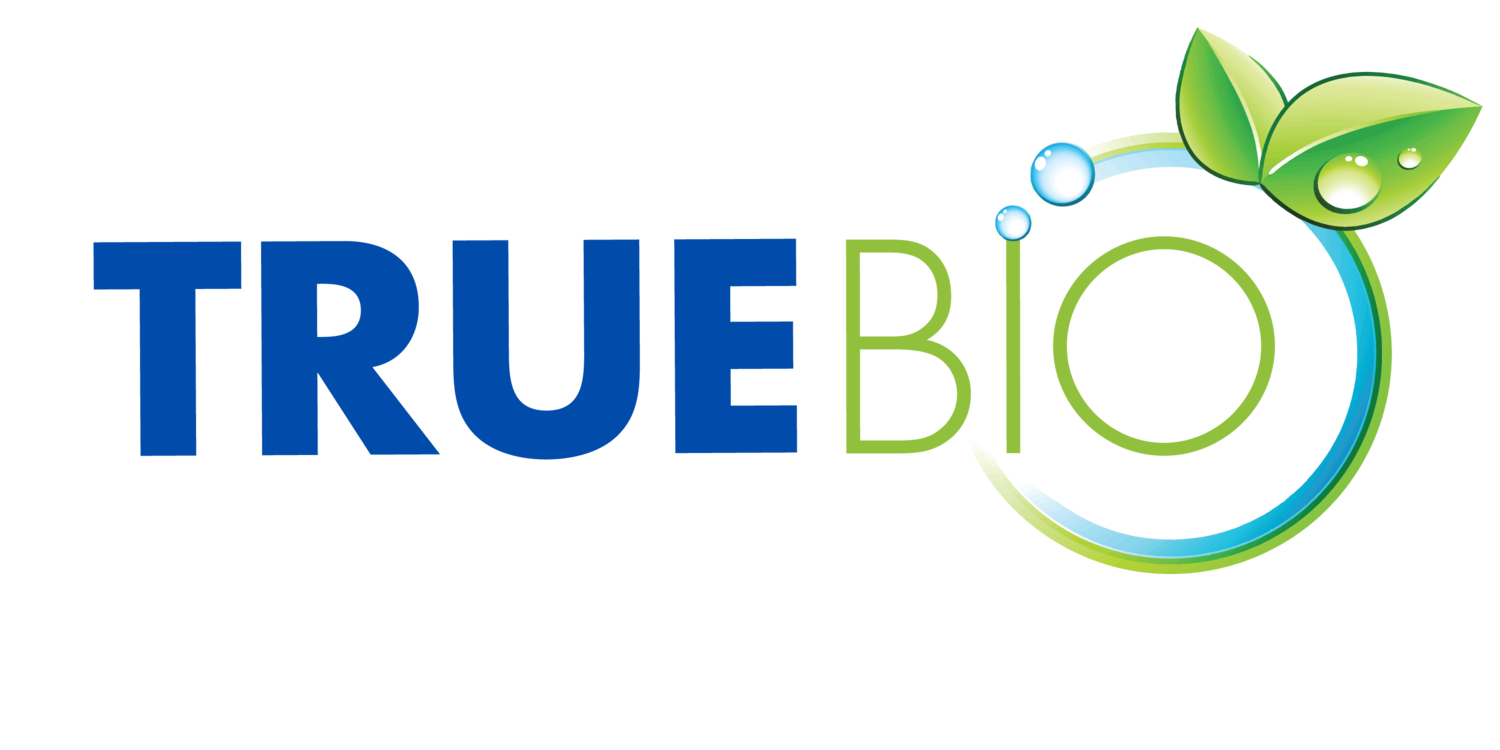Bone Health, Osteopenia & Osteoporosis
Stronger bones start today.
TRUEBio helps you prevent bone loss, reverse fragility where possible, and stay active at every age with evidence‑based care tailored to you.
1 in 2 women and 1 in 4 men over 50 will experience a fracture related to low bone density.
Osteopenia is low bone mass, osteoporosis is fragile bone with higher fracture risk.
The biggest wins come from: nutrition + strength training + vitamin D optimization + fall‑prevention, and hormone replacement and/or medications when indicated.
Did you know?
Bone Loss Signs & Risks to Watch
Loss of height, kyphosis, or back pain
Fragility fractures (wrist, hip, vertebrae)
Early menopause (<45), low testosterone, low BMI
Smoking, heavy alcohol, inactivity, high soda intake
All adults concerned with maintaining their health and improving health outcomes associated with aging
Women in perimenopause transition and menopause and men with low testosterone or are in andropause
Adults with osteopenia or osteoporosis
Anyone with a family history of fractures or height loss
People on long‑term steroids, PPIs, aromatase inhibitors, or with thyroid disorders, celiac/IBD, eating disorders, or significant nutrient loss or deficiencies.
Who Benefits From Improving Bone Health?
If you’ve had a low‑impact fracture after age 50, you qualify for an osteoporosis workup.
How We Help
1) Comprehensive Evaluation
Medical history, medication review, nutrition and lifestyle assessment
DEXA scan (hip/spine ± forearm) with T‑score/Z‑score review
FRAX® 10‑year risk calculation
Comprehensive lab testing may include: vitamin D, calcium, magnesium, thyroid, PTH, testosterone/estradiol, DHEA-S, and bone turnover markers
2) Personalized Plan
Targeted nutrition and supplement strategies
Evidence-based hormone replacement and optimization therapy options
Strength as well as balance training, and osteogenic loading program through OsteoStrong
Follow‑ups every 3–6 months to monitor progress
3) Ongoing Monitoring
DEXA every 1–2 years (or sooner if starting therapy)
Vitamin D and calcium status, symptom tracking
Monitoring and management of hormone replacement/optimization therapies
Efficacy checks and therapy adjustments
Why Choose Us?
Integrative approach blending lifestyle coaching + hormone replacement therapy if appropriate + medical therapy if appropriate.
Expertise in menopause/andropause, thyroid and gut‑bone connections
Coordination with your broader care team including OsteoStrong
Friendly, judgment‑free education and support




